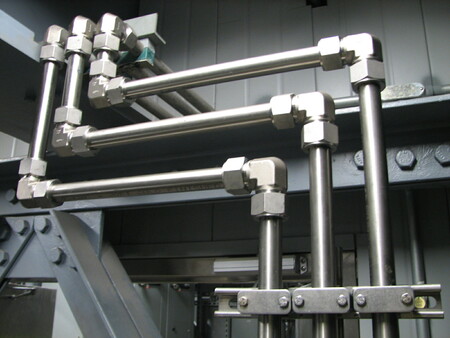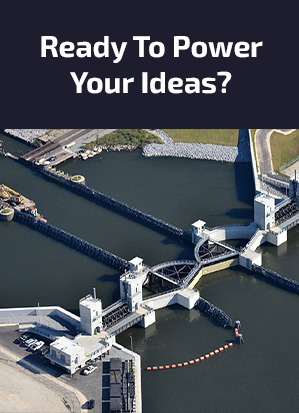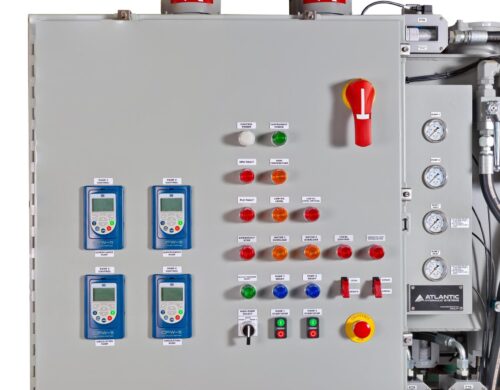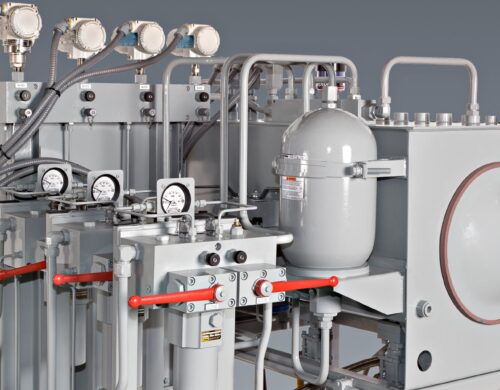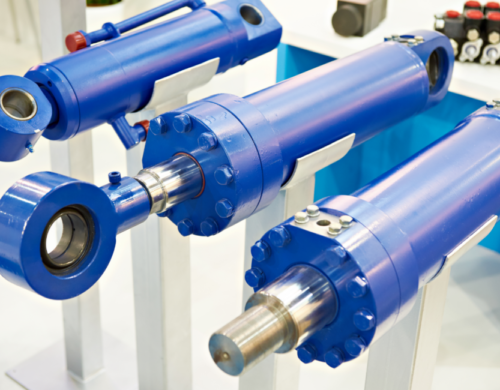Ever since the Industrial Revolution, hydraulic systems have become an integral part of our everyday lives. Hydraulic systems use liquids, usually oils, as their working fluids. These liquids are stored in a closed system and pumped to where they are needed when pressure is applied.
Why Liquids Are Well Suited For Hydraulics
A hydraulic machine is a device that uses liquid fluid power, such as water or oil, to perform work. Heavy construction vehicles are a typical example of hydraulic machines.
Hydraulic systems are confined pressurized systems that use and store liquids and this is an advantage over pneumatic units as the hydraulic fluid itself is not very compressible so doesn’t suffer from delays in movement, unlike a gas-based pneumatic system which needs a compressor to compensate for this task.
Check Out Our Collection Of Hydraulic Power Units!
In this machine, the liquid fluid, oil in most cases, is pumped to various motors and cylinders throughout the vehicle, which becomes pressurized according to the resistance present.
-Liquids are basically incompressible thus leading to tight control of cylinder or hydraulic motor movement and positioning.
-Small and flexible tubes, hoses, and pipes can move a lot of power over long distances and around sharp bends.
-Liquid fluids can be safely pumped to higher pressures than gasses thus transmitting more power than gasses.
-Hydraulic force can be multiplied easily without mechanical gears and with little concern for the distance between mechanically driven objects.
-Liquids (hydraulic oil) provide lubrication to rotating equipment such as hydraulic pumps.
-Liquids (hydraulic oil) provide rust and corrosion protection to hydraulic components.
Conclusion
Learning how liquids work in hydraulic systems is an essential first step to understanding the benefits of using them. In addition, we have helped many customers design and build their custom oil-based hydraulic systems, so we know that they can be a massive asset to your business!
If you want help designing or maintaining a system like this, give us a call. You’ll find our engineers happy to answer any questions about hydraulic fluids and fluid dynamics or anything else related to hydraulics engineering.



